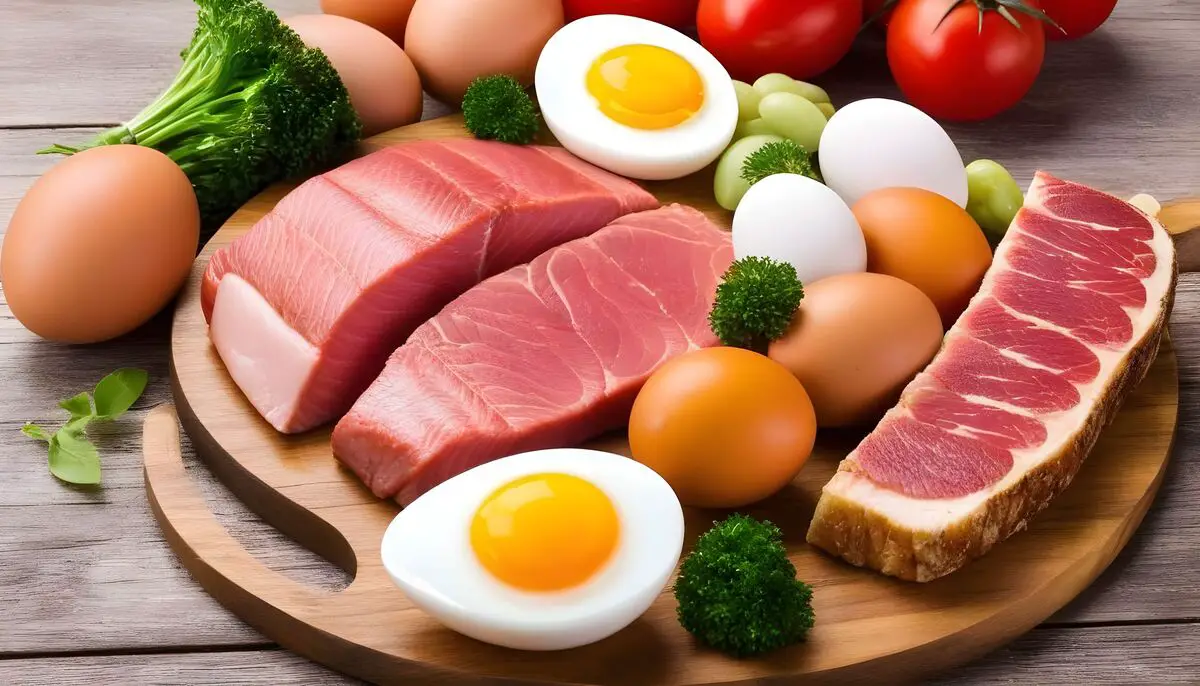In the pursuit of sustained energy and vitality, understanding the role of specific B vitamins is paramount. Among these, B12 (cobalamin) and B6 (pyridoxine) stand out as a dynamic duo, playing crucial roles in energy metabolism and overall well-being. In this article, we’ll delve into the significance of B12 and B6 vitamins for energy, exploring their sources, benefits, and how to incorporate them into your daily routine.
The Supplementor is supported by it’s audience. When you purchase through links on our site, we may earn an affiliate commission
B12 and B6: Energizing Your Body
Sources of B12:
Cobalamin, or B12, is primarily found in animal products. Rich sources include meat, fish, eggs, and dairy products. For those following a vegetarian or vegan diet, B12 supplements or fortified foods are essential to meet recommended intake levels.
Sources of B6:
Pyridoxine, or B6, is more widespread in various food sources. It can be obtained from poultry, fish, bananas, avocados, nuts, and whole grains. Including a diverse range of these foods in your diet ensures an adequate intake of B6.
The Energy-Boosting Benefits of B12 and B6:
1. Energy Metabolism: Both B12 and B6 play pivotal roles in the metabolism of macronutrients, including carbohydrates and fats. They contribute to the conversion of food into usable energy, fueling the body for daily activities.
2. Nervous System Support: B12 is crucial for the health of the nervous system, aiding in the formation of myelin, a protective layer around nerve fibers. B6, on the other hand, supports the production of neurotransmitters, influencing mood and cognitive function.
3. Red Blood Cell Formation: B12 is essential for the formation of red blood cells, preventing fatigue and weakness associated with anemia. B6 contributes to hemoglobin formation, supporting oxygen transport in the blood.
Incorporating B12 and B6 into Your Routine:
1. Dietary Choices: Include a variety of B12-rich foods, such as lean meats, fish, eggs, and dairy products. For B6, focus on Chicken, fish, fruits like bananas, avocados, and whole grains.
2. Supplements: If dietary restrictions or preferences limit your intake of B12, consider supplements, especially for those following vegetarian or vegan diets. B6 supplements can be beneficial for those with specific deficiencies.
3. Balanced Meals: Craft well-balanced meals that incorporate a variety of nutrient-dense foods. A colorful plate with a mix of vegetables, proteins, and whole grains ensures a diverse intake of vitamins.
In conclusion, understanding the roles of B12 and B6 in energy metabolism is key to maintaining optimal vitality. By incorporating these vitamins into your diet through thoughtful food choices or supplements when needed, you can unlock the full potential of this dynamic duo for sustained energy and overall well-being.
Sources:
– National Institutes of Health – Office of Dietary Supplements. (2022). Vitamin B12 Fact Sheet for Health Professionals.
– National Institutes of Health – Office of Dietary Supplements. (2022). Vitamin B6 Fact Sheet for Health Professionals.




